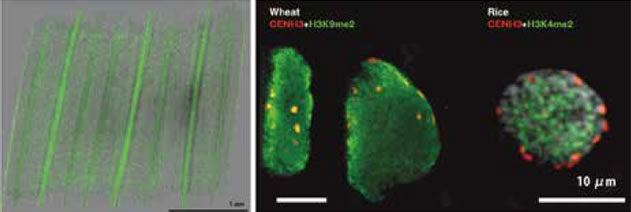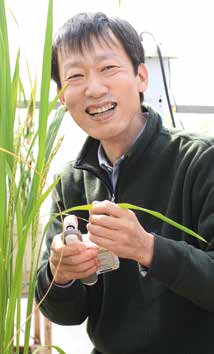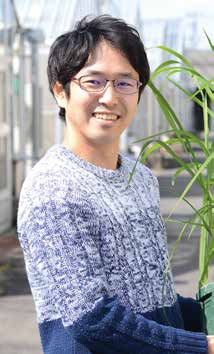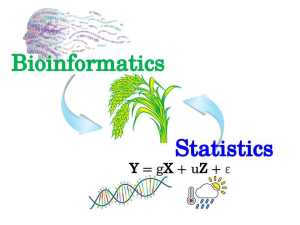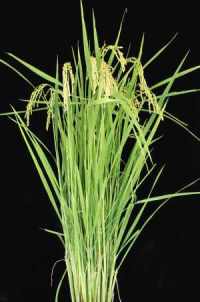Research Area : Integrated Genomic Breeding
Development of remote cross breeding in rice via polyploidization
For breeding of super rice varieties with useful new genes, it is important to promote allelic exchange in existing cultivars by crossing them with wild or genetically remote cultivars. However, hybrids are rarely obtained from such distant crosses due to multitude of reproductive barriers. Interestingly, we found a fertile tetraploid progeny derived from anther culture of Asian rice cultivar, O. sativa, and African rice cultivar, O. glaberrima. Using genomic and phenotypic analyses, we now aim to clarify mechanisms involved in recovery of seed set in these plants. Furthermore, we hope to establish a novel remote cross breeding strategy in rice that overcomes reproductive barriers by introduction of polyploidization and haploidization.
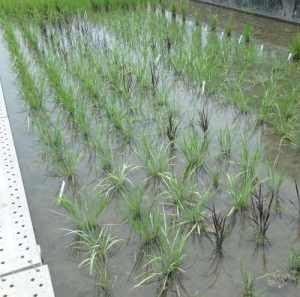
Genetic dynamics in rice multiparent cross population
The expansion of genetic diversity in crossed populations is essential for faster and more efficient crop improvements. To overcome a limiting factor of biallelic gene combinations in rice breeding that depends on classical 2-way crosses, we developed a new multiparent population using 8-way cross strategy. By comparing genomic and phenotypic dynamics of this population, with those found in usual 2-way populations or parents, we aim to demonstrate the usefulness of multiparent populations for genetic improvement and development of novel breeding approaches in rice.
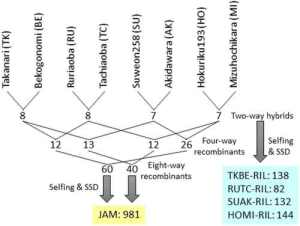
Analyses of kinetochore components of plant and its applications
We have been conducting molecular cytogenetic studies on the structure and function of nuclei and chromosomes using plant species. Kinetochores have been our main research subjects among functional chromosomal elements. We have been conducting basic research on the kinetochores, and have identified kinetochore components from various plant species including many crops. Additionally, we have conducting applied research including “construction of plant artificial chromosome (chromosome vector)” and “haploid production” using knowledge of the basic researches.
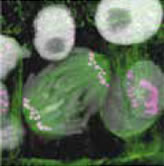
Analyses of epigenetic status in plants
Epigenetic regulation plays important roles in all aspects of plant life activities including development and stress responses. Epigenetic modifications of individual cells in plant organs/tissues are considered to be individually controlled, but it is difficult to know how each cell is modified by current methods. In order to solve this problem and to obtain epigenetic modification information of individual cells, we are developing epigenetic modification analysis methods using immunohistochemical staining, which provides a bird’s-eye view and single cell-level resolution keeping positional information of individual cells in organs/tissues.
